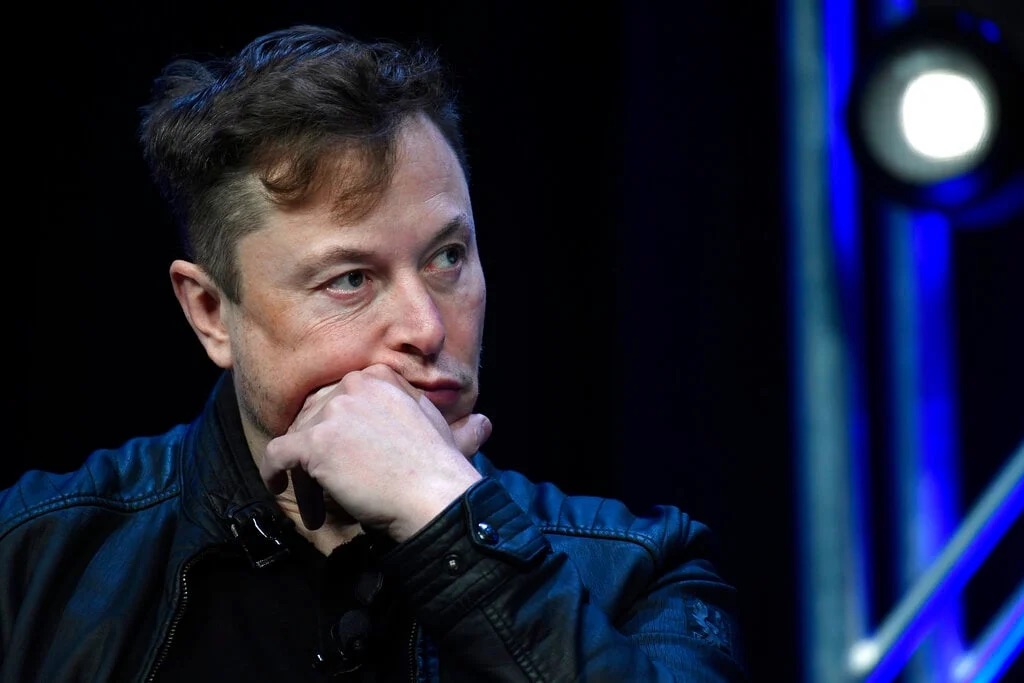
Elon Musk’s ambitious $97.4 billion bid to acquire all assets of OpenAI has been officially rejected by the company’s board of directors. The offer, which Musk claims aims to return OpenAI to its original non-profit roots, has stirred significant controversy. This development highlights the ongoing tensions between Musk and OpenAI’s CEO, Sam Altman, as well as challenges related to OpenAI’s unique structure and future direction.
Musk’s Vision vs. Altman’s Direction
Musk, a co-founder of OpenAI, has expressed his desire to transform the organization back into a non-profit entity. However, this stance contradicts his previous assertions that OpenAI’s assets are not transferrable for “private gain.” Altman, who leads OpenAI, responded sharply to Musk’s actions in an interview with Bloomberg, describing Musk as not a “happy person” and implying that his decisions stem from a “position of insecurity.” This exchange underscores the strained relationship between the two tech moguls, with Musk having previously labeled Altman a “swindler” on social media platform X.
OpenAI operates under a unique structure that involves both non-profit and for-profit arms. Altman intends to reform this structure by removing the non-profit board, aiming to steer OpenAI towards a for-profit model. Musk’s offer poses a potential obstacle to Altman’s plans, complicating efforts to convert OpenAI into a fully for-profit company. Despite the hefty sum Musk proposed, it falls short of OpenAI’s valuation in a recent funding round, where some experts estimated the company’s worth at over $300 billion.
Legal Challenges and Opinions on Musk’s Intentions
The legal dimension adds another layer of complexity to this unfolding drama. U.S. District Judge Yvonne Gonzalez Rogers is evaluating Musk’s request for an injunction to block OpenAI’s planned conversion. Her remarks suggest skepticism about Musk’s motives:
“It is plausible that what Mr Musk is saying is true. We’ll find out. He’ll sit on the stand.” – Yvonne Gonzalez Rogers
OpenAI’s legal team contends that Musk and his allies are seeking to bypass constraints through their purchase attempt:
“Out of court, those constraints evidently do not apply, so long as Musk and his allies are the buyers.” – OpenAI’s lawyers
Lutz Finger, a senior lecturer at Cornell University, suggests that Musk’s bid may be an attempt to undermine a formidable competitor:
“Musk has missed the AI train, somewhat. He’s behind, and he has made several attempts to catch up.” – Mr Finger
Meanwhile, Karl Freund, founder and principal analyst at Cambrian-AI, questions Musk’s intentions:
“I think he’s just trying to create noise and news and consternation.” – Karl Freund
Freund acknowledges Musk’s achievements yet points out how his actions can cast doubts on his motives:
“He’s brilliant. He creates incredible companies that are doing incredible things. But his personal agenda is causing people to question his motives.” – Karl Freund
Author’s Opinion
Though Musk’s vision for OpenAI may stem from his belief in returning to a non-profit model, his methods have raised significant doubts. His offer may be more about securing control in the AI space than about championing OpenAI’s original mission. With Musk’s history of shifting public and personal agendas, many are questioning whether his motives truly align with the long-term benefits of OpenAI’s development and growth.
Featured image credit: FMT
Follow us for more breaking news on DMR
